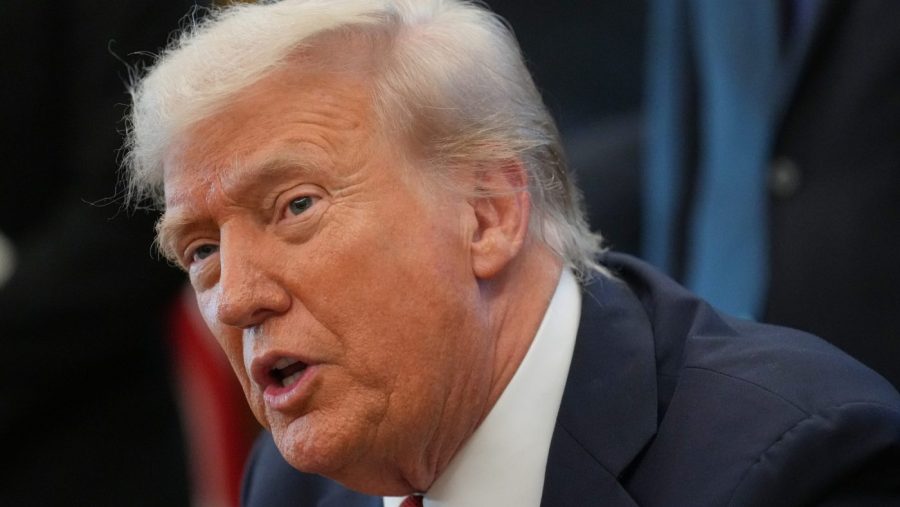Chamber of Commerce sues to block $100K H-1B visa fees

The U.S. Chamber of Commerce sued the Trump administration Thursday over its decision to raise the fee for H-1B work visa applications to $100,000, arguing that President Trump exceeded his authority in altering the visa program.
The Chamber argues that Congress “struck an intricate, thoughtful balance” in determining fees for the visa program focused on attracting highly skilled foreign workers.
“The Proclamation is not only misguided policy; it is plainly unlawful,” the lawsuit reads. “The President has significant authority over the entry of noncitizens into the United States, but that authority is bounded by statute and cannot directly contradict laws passed by Congress.”
“The Proclamation does precisely that: It blatantly contravenes the fees Congress has set for the H-1B program and countermands Congress’s judgment that the program should provide a pathway for up to 85,000 people annually to contribute their talents to the United States for the betterment of American society,” it continues.
Trump signed the proclamation last month raising H-1B visa fees to $100,000 in an effort to encourage companies to hire American workers instead.
The change sent shockwaves through the tech industry, which is highly dependent on the program to bring in top foreign talent. Amid initial confusion about how the rule would work, several major tech firms warned their employees on H-1B visas to remain in the U.S. or immediately return.
The administration later clarified that the new fee does not impact anyone who currently has a visa or their ability to travel to and from the U.S.
While this resolved the initial confusion, experts have warned that the new fee could be prohibitively expensive, especially for smaller companies, and could make it difficult for companies to attract talent from abroad, which has been a major boon for the U.S.
These concerns were echoed in the Chamber’s lawsuit Thursday, which argued that the fee would make the visa “no longer economically viable for many, primarily smaller businesses.” It also contended that it would force companies to “dramatically increase” labor costs or hire fewer foreign workers who may not be easily replaced.